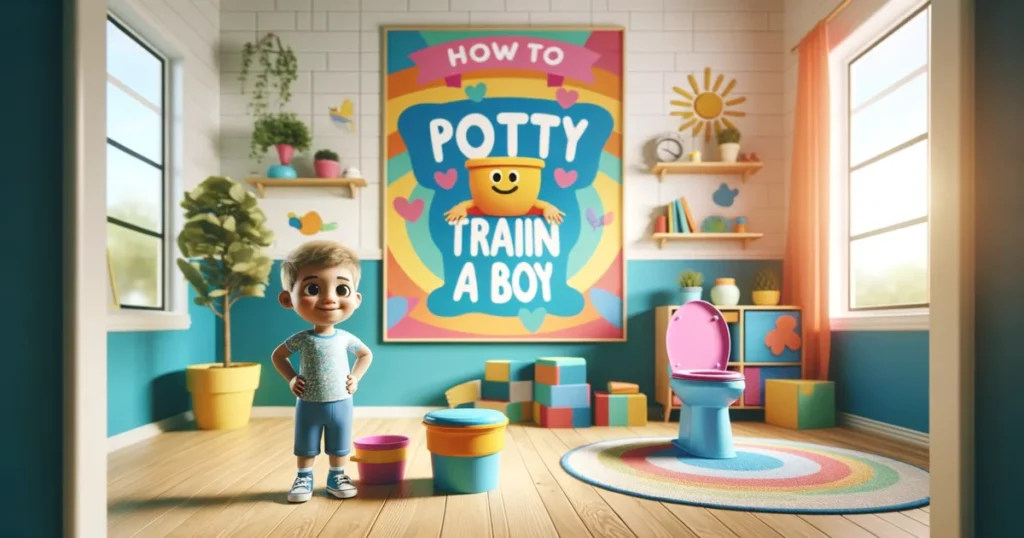Introduction of How to Stop Worrying about your Grown Child:
Struggling with how to stop worrying about your grown child is a common challenge many parents face. It’s a delicate balance between caring and over worrying. In this guide, we provide compassionate, expert-backed strategies to help you navigate this stage of parenthood. Learn how to embrace your adult child’s independence while maintaining a supportive role, all in a way that minimizes worry and maximizes trust and understanding.

Recognizing the Roots of Worry:
Understanding the source of your worry is a crucial step in learning how to stop worrying about your grown child. Often, this worry stems from a natural parental instinct to protect and guide your child. As they grow into adulthood, it’s normal to feel anxious about their safety, happiness, and success. However, recognizing that these worries can sometimes be more about our own fears than the realities of our children’s lives is important.
Tip: Regularly reflect on the nature of your concerns. Are they based on current realities, or are they more about your own fears and anxieties?
Building Trust in Your Grown Child’s Capabilities:
A significant part of learning how to stop worrying about your grown child involves trusting in their abilities. Over the years, you’ve equipped them with skills and values. Now, as adults, it’s time for them to put these into practice. Trusting your grown child’s decisions and abilities is a testament to the quality of your parenting.
Tip: Consciously remind yourself of your child’s strengths and past successes when you start to worry.
Setting Healthy Boundaries:
Knowing how to set healthy boundaries is essential in learning how to stop worrying about your grown child. It’s about understanding the fine line between being supportive and overstepping. Respecting their independence while being there to offer advice when asked is key to a healthy adult parent-child relationship.
Tip: Have open conversations with your child about mutual expectations and boundaries. This can help you feel more at ease while respecting their autonomy.
Effective Communication Strategies:
Effective communication is vital in managing how to stop worrying about your grown child. It involves not just talking but listening—really listening—to what your adult child has to say. This open line of communication can help ease concerns and build a stronger, more understanding relationship.
Tip: Practice active listening and encourage your grown child to share their life updates with you. This helps build mutual trust and understanding.
Embracing Your Child’s Individuality:
Part of learning how to stop worrying about your grown child is embracing their individual choices and paths in life. It’s about accepting that their dreams and goals may be different from yours, and that’s okay. This acceptance can lead to a more harmonious relationship and lessen your anxiety about their choices.
Tip: Celebrate the unique person your child has become. Show genuine interest in their choices and life journey.
Focusing on Your Own Growth and Interests:
Sometimes, how to stop worrying about your grown child is as much about you as it is about them. Redirecting your focus to your own life, interests, and growth can provide a healthy balance. Engaging in your own hobbies or social activities can offer a new perspective and reduce over-concern.
Tip: Reconnect with old hobbies or explore new interests. This can provide a healthy distraction and a sense of fulfillment.
Understanding the Transition in Parenting Roles:
The transition in your parenting role is a natural part of learning how to stop worrying about your grown child. This phase is about evolving from a caregiver to a mentor or advisor. It’s a shift from managing to guiding, from directing to supporting.
Tip: Channel your parenting energy into being a mentor and guide, rather than trying to manage their lives.
Seeking Support for How to Stop Worrying about your Grown Child:
Sometimes, knowing how to stop worrying about your grown child requires seeking outside support. It’s okay to ask for help. Speaking with professionals, friends, or joining a support group can offer new insights and coping strategies.
Tip: Don’t hesitate to reach out for support, whether it’s from a counselor or a parents’ group.
Celebrating Your Child’s Independence:
Celebrating your grown child’s independence is a joyful aspect of learning how to stop worrying about them. It’s a recognition of their ability to make decisions, face challenges, and succeed in their own right.
Tip: Take pride in your child’s ability to navigate adulthood and make decisions independently.
Letting Go and Finding Peace:
The ultimate goal in how to stop worrying about your grown child is to find peace in their growth and your own. It’s about letting go of control and embracing trust. This step is vital for your well-being and for the development of a healthy adult relationship with your child.
Tip: Engage in mindfulness or relaxation exercises to help manage worry and focus on the present.

Table: Strategies for How to Stop Worrying about your Grown Child
| Strategy | Description |
|---|---|
| Understand Worry | Identify if concerns are based on current situations or personal anxieties. |
| Trust Their Judgment | Recognize and appreciate your child’s decision-making and independence. |
| Set Boundaries | Communicate openly about mutual expectations to foster a healthy relationship. |
| Communicate Effectively | Keep an open line of dialogue to build trust and understanding. |
| Embrace Individuality | Respect and take interest in your child’s unique life path and choices. |
| Focus on Personal Interests | Invest in your hobbies and passions to maintain a balanced perspective. |
| Transition Your Role | Shift from a hands-on parent to a supportive advisor. |
| Seek Support | Consult professionals or peer groups for guidance and reassurance. |
| Celebrate Independence | Take pride in your child’s autonomy and achievements as an adult. |
| Practice Letting Go | Use mindfulness to ease anxiety and embrace the present moment. |
Facts and Figures:
When it comes to understanding how to stop worrying about your grown child, some insightful facts and figures can shed light on the subject:
- A significant number of parents, about 40%, report experiencing high levels of worry about their adult children’s well-being, career, and happiness.
- Research indicates that parental worry can sometimes stem from their own life experiences and anxieties, rather than the actual circumstances of their adult children.
- Studies show that fostering independence in children from a young age can lead to healthier relationships between parents and their grown children.
FAQs on How to Stop Worrying about your Grown Child:
Q: How can I cope with the feeling of loss when my child becomes independent?
Recognize that it’s a normal part of the parenting journey. Engaging in activities you enjoy and focusing on personal growth can help fill the void.
Q: Is it okay to offer advice to my grown child?
Yes, but it’s important to offer advice in a way that respects their autonomy. Wait for them to ask for your input rather than offering unsolicited advice.
Q: How can I build trust with my adult child?
Building trust involves listening without judgment, respecting their decisions, and offering support when they need it. It’s about showing confidence in their ability to handle their own life.

Final Thoughts on How to Stop Worrying about your Grown Child:
Learning how to stop worrying about your grown child doesn’t happen overnight. It requires a conscious effort to trust in the upbringing you’ve provided and the capabilities of your child. Remember, this new phase of your relationship is not about stepping back, but rather stepping into a different role – one that is less about direct oversight and more about support and guidance.

